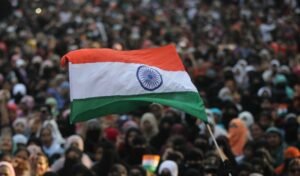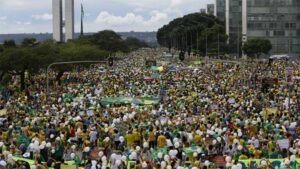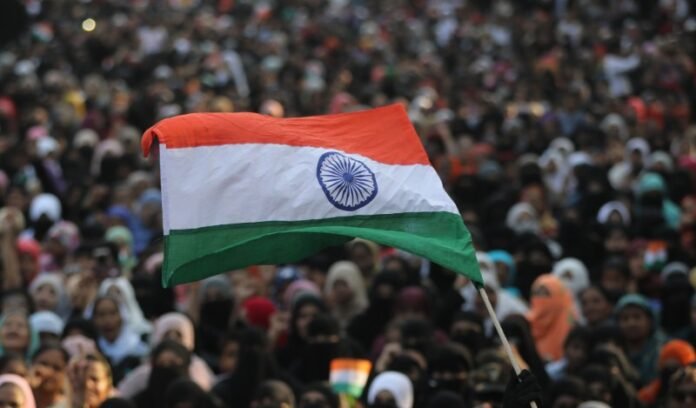Top 10 Largest Democratic Countries in the World: Democracy stands as a cornerstone of many modern nations. While diverse in their specific forms and historical journeys, democratic ideals hold sway over vast populations across the globe.
Today, we embark on a journey to explore the ten largest democracies, delving into their unique landscapes, navigating their political frameworks, and understanding their impact on the international stage.
Ranking of Countries by Quality of Democracy
| Rank | Country | Population (Millions) |
| 1 | India | 1400 |
| 2 | United States | 333 |
| 3 | Indonesia | 280 |
| 4 | Pakistan | 230 |
| 5 | Nigeria | 218 |
| 6 | Brazil | 215 |
| 7 | Bangladesh | 173 |
| 8 | Ethiopia | 125 |
| 9 | Philippines | 114 |
| 10 | South Africa | 60 |
-
India

With a population over 1.4 billion, India rises as the world’s largest democracy, boasting a stunning parliamentary system rooted in its diverse cultures and languages. Despite challenges like poverty and inequality, India’s democratic journey since independence in 1947 showcases the resilience of its people and institutions.
-
Indonesia

As the third most populous nation and the largest Muslim-majority democracy, Indonesia presents a fascinating case study, also being tagged as one of the top 10 largest democratic countries in the world. Its decentralized system balances national unity with regional autonomy, while a multi-party system fosters dynamic political debate.
-
United States

Often considered the archetypal modern democracy, the United States stands as a beacon of individual liberty and representative government and once was the biggest democratic country in the world. However, its system faces internal debates regarding voting rights, political polarization, and the influence of money in politics.
-
Brazil

South America’s most populous nation, Brazil has navigated a complex transition from military rule to a young and evolving democracy, being listed as one of the top 10 countries with the largest democracies in the world. Its federal republic, with checks and balances, strives to represent its diverse citizenry and tackle issues like economic inequality and social development.
-
Nigeria
As Africa’s most populous nation, Nigeria’s journey with democracy has been marked by both progress and challenges, making its place among top 10 ranking of countries by quality of democracy. Its multi-party system faces corruption and security concerns, but its vibrant civil society plays a crucial role in shaping the nation’s future.
-
Pakistan
This South Asian nation embraces a parliamentary system with a complex interplay between civilian and military institutions, being listed as one of the countries with the largest democracies. Pakistan’s democracy grapples with issues like religious extremism and economic instability, yet its vibrant media and civil society remain active players.
-
Bangladesh
Emerging from struggle for independence, Bangladesh adopted a parliamentary system striving for social justice and equality and was trying to rise as the world’s largest democracy. Its journey faces challenges like poverty and political tensions, but its vibrant media and engaged youth contribute to its evolving democratic landscape.
-
Ethiopia
Africa’s second most populous nation, Ethiopia embarked on a democratic transition in the 1990s and made its mark in the list of countries with the largest democracies in the world. Its multi-party system navigates ethnic diversity and strives for regional autonomy. Recent unrest highlights the ongoing challenges of balancing competing interests and ensuring inclusive representation.
-
Philippines
This Southeast Asian nation’s democracy showcases a vibrant multi-party system with active civil society participation making it among the top 10 largest democratic countries in the world. However, challenges like poverty, corruption, and political dynasties persist, calling for continued democratic reforms.
-
South Africa
Being popular as one of the biggest democratic country in the world, SA emerged from apartheid to embrace a multi-party democracy, hailed as a global symbol of reconciliation and transition. Yet, South Africa faces issues like economic inequality and social divides, highlighting the ongoing struggle for true equality within its democratic framework.
